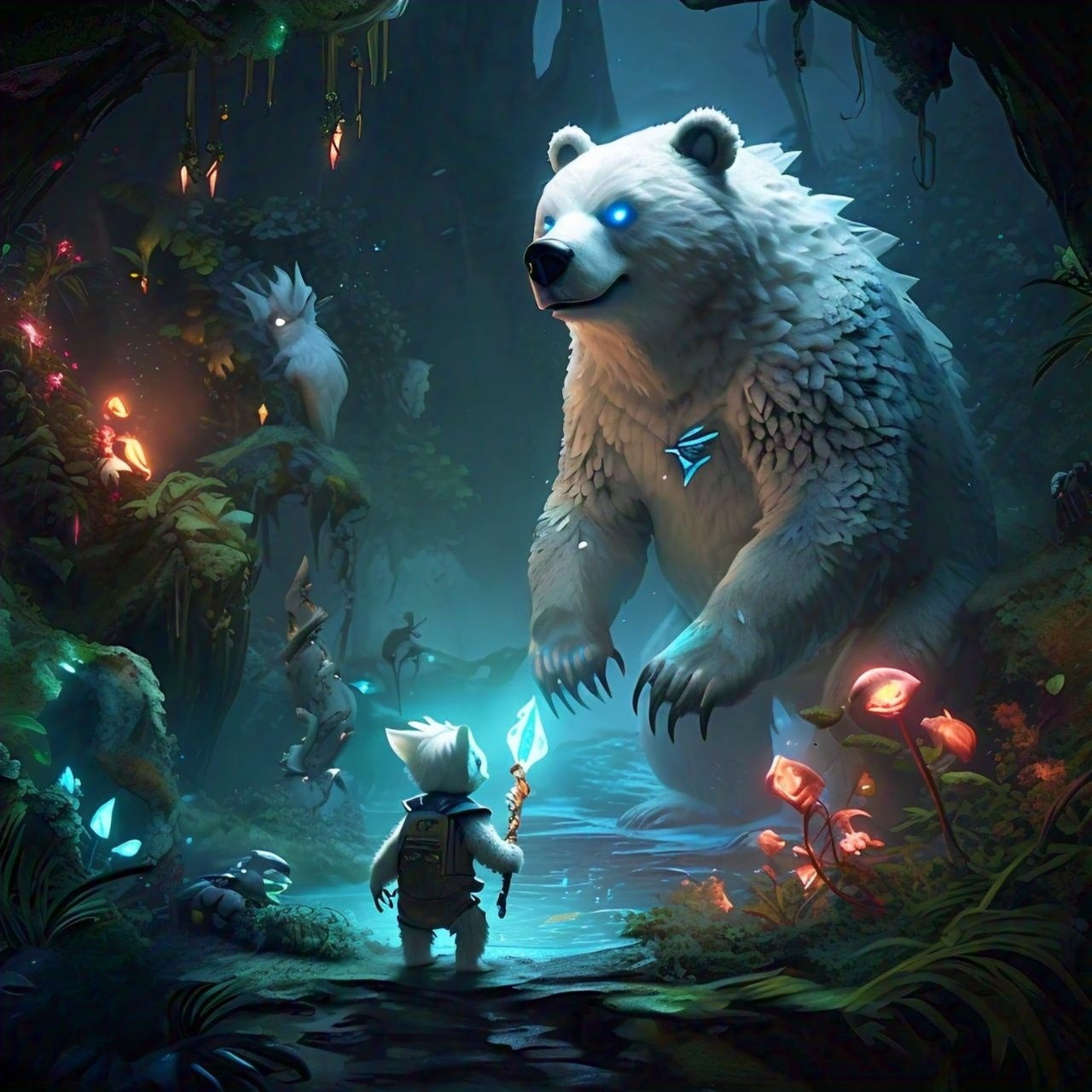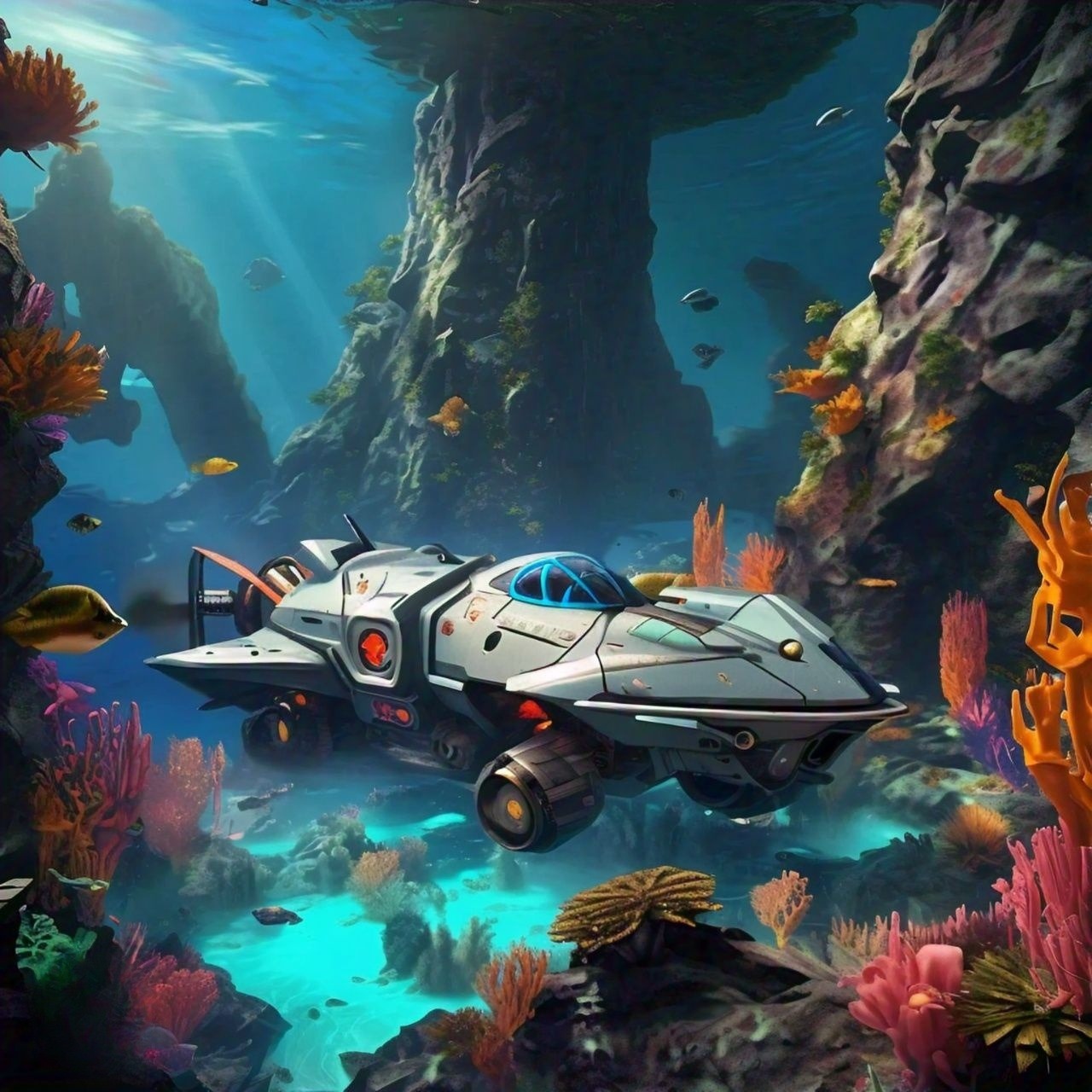Eco-Innovation: The Future of Sustainability in a Changing World

What is Eco-Innovation?
Eco-innovation refers to new ideas, products, and processes that aim to benefit the environment. In a world grappling with climate change, pollution, and dwindling resources, eco-innovation is essential. It seeks to create solutions that balance economic growth with the need to protect our planet. By focusing on sustainability, eco-innovation aims to improve our quality of life while ensuring that future generations can thrive.
The Importance of Eco-Innovation
Eco-innovation is crucial for several reasons. First, it helps fight climate change by reducing greenhouse gas emissions. As industries develop cleaner technologies, they contribute to a healthier environment. Second, eco-innovation promotes efficient use of resources, which is vital for long-term sustainability. By finding smarter ways to use materials, we can reduce waste and preserve natural resources. Lastly, eco-innovation drives economic growth by creating jobs in green industries, offering new opportunities for businesses and communities.
Key Areas of Focus
Sustainable design is one of the main areas of eco-innovation. This involves creating products that are easy to recycle or made from renewable materials. For example, furniture made from reclaimed wood not only looks great but also reduces waste. Another area is energy efficiency, which focuses on technologies that use less energy while delivering the same performance. LED light bulbs and energy-efficient appliances are good examples, helping consumers save money and reduce their environmental impact.
Renewable energy is also a major focus of eco-innovation. Technologies like solar panels and wind turbines provide clean alternatives to fossil fuels. These renewable sources help lower emissions and create a more sustainable energy system. As more people and businesses switch to renewables, the world can move closer to a cleaner future.
Waste management plays a critical role in eco-innovation as well. Companies are finding ways to minimize waste through recycling and composting. For instance, some brands offer take-back programs that allow consumers to return used products for recycling. This approach keeps materials in use longer and reduces landfill waste, benefiting the environment.
The Role of Governments and Businesses
Governments and businesses have a significant role in promoting eco-innovation. Policies that support green technologies, such as tax incentives and grants, can encourage companies to invest in sustainable practices. By creating a favorable environment for eco-friendly innovation, governments can help drive change on a larger scale.
Businesses can also lead by example. Companies that prioritize sustainability in their operations and products not only meet consumer demand but also contribute positively to the planet. Many consumers today are looking for eco-friendly options, and businesses that adapt to this demand can thrive while helping the environment.
Challenges to Overcome
Despite its many benefits, eco-innovation faces challenges. One major hurdle is the cost of developing new technologies. Many companies may hesitate to invest without financial support or clear incentives. Additionally, consumer acceptance can be a barrier. Some people may be unsure about switching to eco-friendly products or may not be aware of their benefits. Educating the public about the importance of sustainability is essential for driving acceptance and encouraging change.
Conclusion
In conclusion, eco-innovation is vital for a sustainable future. By embracing new ideas and technologies, we can address pressing environmental challenges while promoting economic growth. Collaboration between governments, businesses, and individuals is key. Everyone can contribute by choosing sustainable products, supporting green initiatives, and advocating for environmental policies. Together, we can create a healthier planet for ourselves and future generations. Eco-innovation is not just a trend; it is a necessary step towards a better world.







